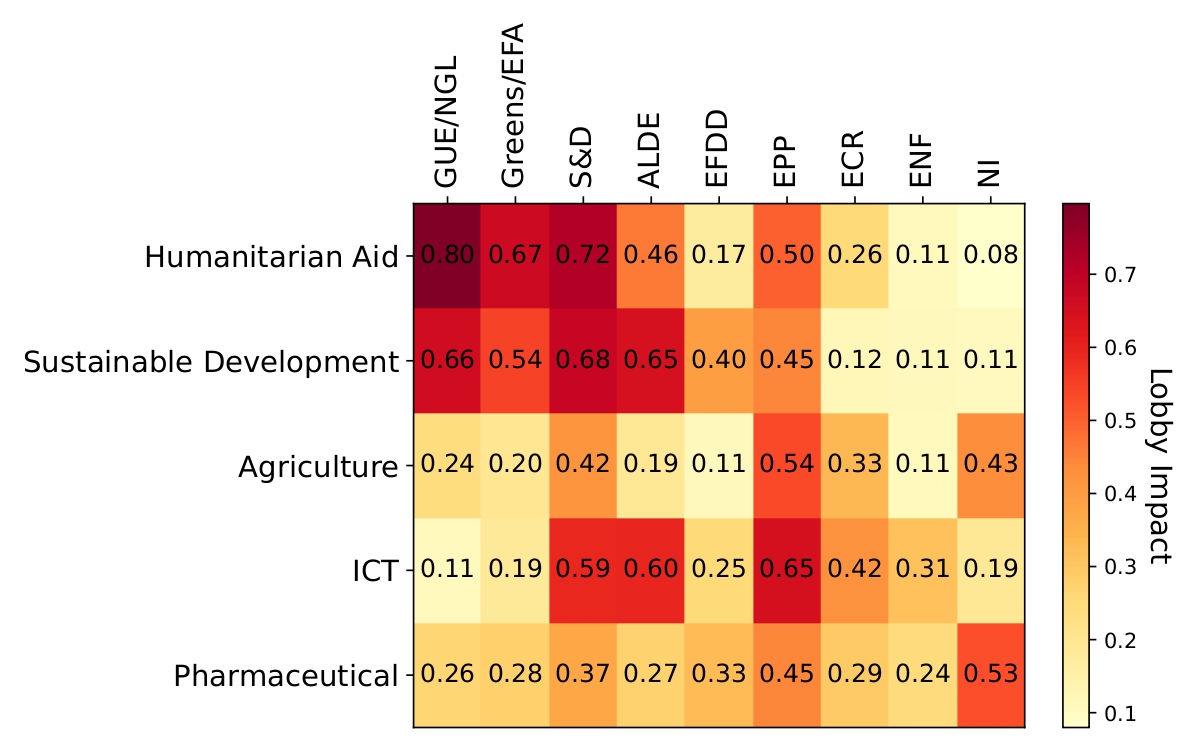Francesco Salvi



Hi there! I am a first-year PhD student in Computer Science at Princeton University, advised by Manoel Horta Ribeiro. I am affiliated with Princeton’s Center for Information Technology Policy (CITP) and supported by the Gordon Wu Fellowship.
Previously, I received my MSc at EPFL’s DLAB, working with Robert West, and my BSc in Physics at the University of Bologna. During my studies, I also spent some time as a Visiting Fellow at FBK and interning at Bain & Company and DemoSquare.
My research broadly focuses on connecting computational methods and machine learning with society, analyzing the societal impacts of AI and drawing insights on human behavior. I am particularly interested in the persuasive capabilities of frontier models and in political phenomena such as online polarization and misinformation.
Keywords: Computational Social Science, Social Computing, Natural Language Processing, Persuasion.
Outside of work, I enjoy hiking, playing board games, and being a psephology geek.
Selected Publications
-
 On the conversational persuasiveness of GPT-4Nature Human Behaviour
On the conversational persuasiveness of GPT-4Nature Human BehaviourMedia Coverage: The Guardian The Washington Post The Economist Nature Il Corriere della Sera El País Público Frankfurter Allgemeine Zeitung ABC New Scientist MIT Technology Review Ansa Der Spiegel SWI The Register Vanity Fair Veja Gizmodo La Vanguardia Folha de S.Paulo
-
 MEDITRON-70B: Scaling Medical Pretraining for Large Language ModelsarXiv preprint, Nov 2023
MEDITRON-70B: Scaling Medical Pretraining for Large Language ModelsarXiv preprint, Nov 2023Media Coverage: EPFL Meta TechXplore
-
 Studying Lobby Influence in the European ParliamentAnnual Conference of the North American Chapter of the Association for Computational Linguistics (NAACL 2024)
Studying Lobby Influence in the European ParliamentAnnual Conference of the North American Chapter of the Association for Computational Linguistics (NAACL 2024)